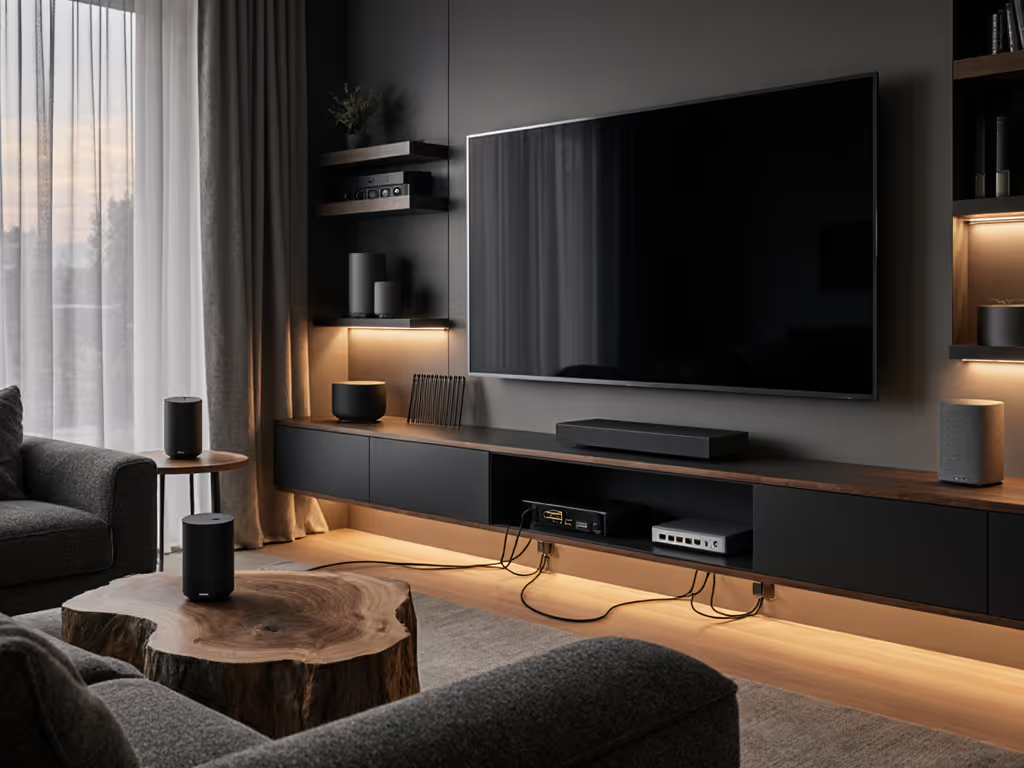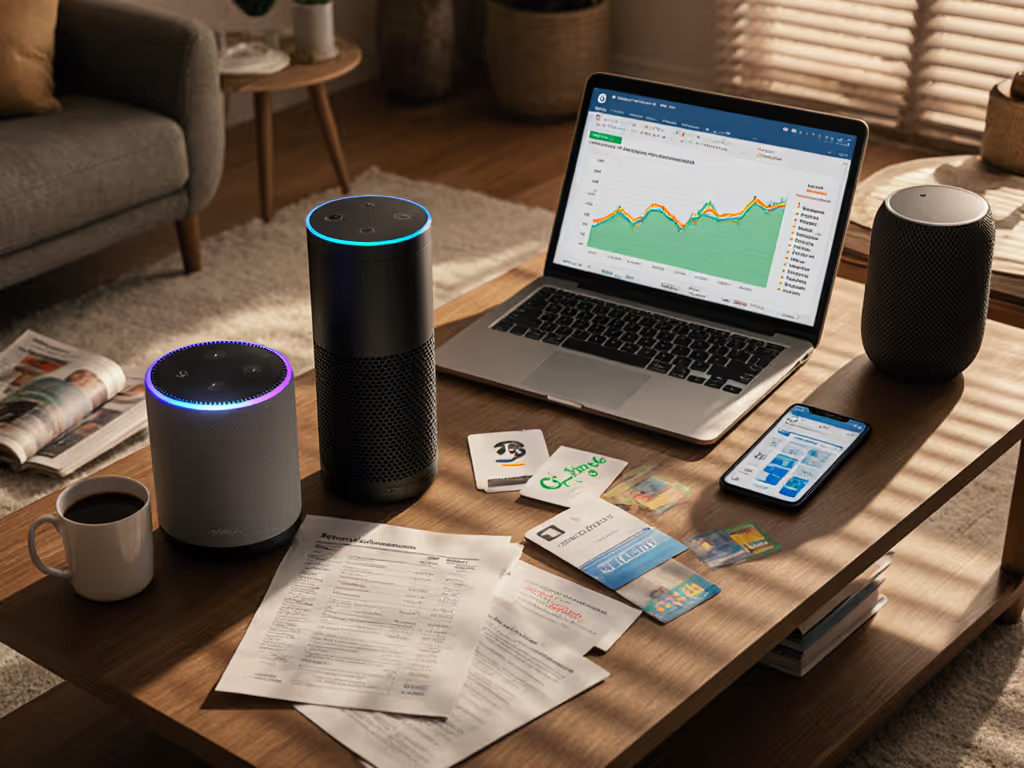

Lukas Schneider
Cross-ecosystem bridging, Home Assistant, network design, and resilient standards-first setups.
About
I build hybrid ecosystems that behave like one system. From VLANs to multicast tuning, I minimize failure domains, prefer Thread/Matter, and document reusable patterns so readers can replicate reliable, low-drama setups.
Core Beliefs
Reliability is a feature you architect—standardize first, then integrate thoughtfully.
Background
In my first apartment, I stitched together speakers from three ecosystems to cover a narrow hallway and a cavernous living room. Nothing behaved until I standardized on Thread, mapped VLANs, and set graceful fallbacks. That weekend taught me: integration beats invention; reliability beats cleverness; local beats maybe-cloud.
Perspective
I prefer local APIs, wired backhauls, and open standards over clever workarounds.



